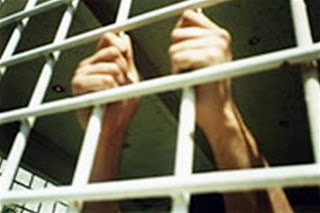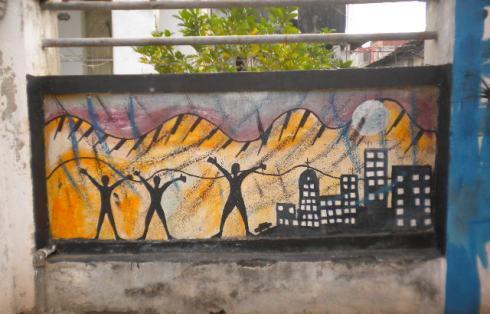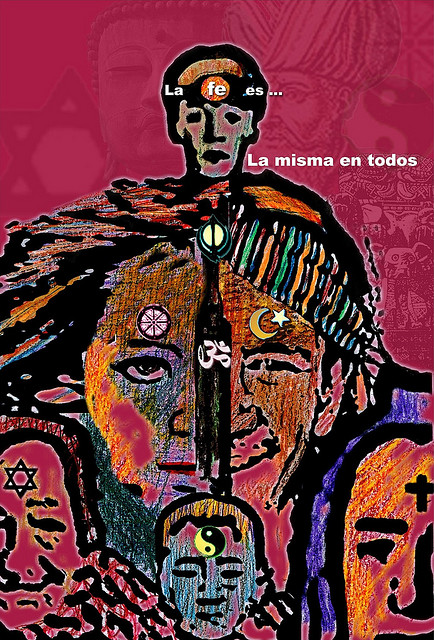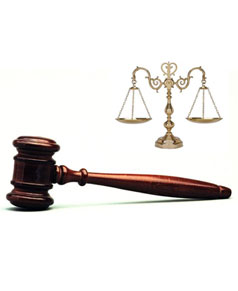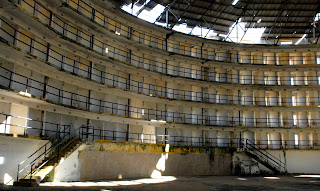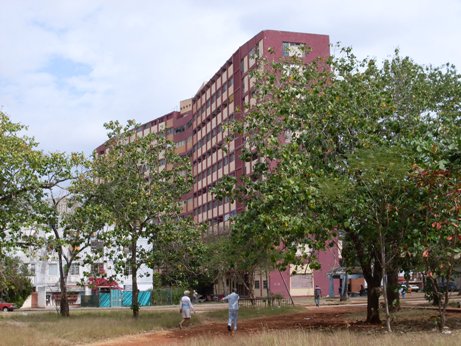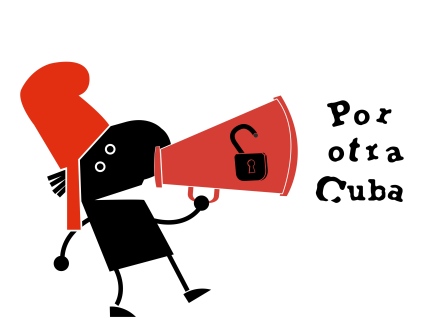B. Dayamí Pestano Lazos
Under the Geneva Rules for the Treatment of Prisoners (1955), are rules 57 and 59 which address Imprisonment and other measures whose effect is to separate the criminal from the outside world, which are afflicting by the very fact of depriving the individual of his right to dispose of his own person by depriving him of his liberty.
Therefore, the prison system should not aggravate the sufferings inherent in this condition… the prison regime should utilize — trying to apply them according to the individual treatment needs of all offenders — all the remedial, educational, moral, spiritual and methods of other natures and all forms of assistance that can be provided.
The individualization of punishment is the adaptation process that occurs between the subject and the sanction. Within this process we find legal, judicial and prison individualization, this last phase, the most important, which must be continuous and must comply with all the biological, psychological and social peculiarities of the subject. Some of the components of this individualization are the classification and treatment of prisoners as a way to treat the prisoner as a person in need of assistance or aid for belonging to a particular group or be a special case.
Treatment must occur within a framework of respect for human rights to dignity, liberty, equality and safety.
In Cuba much of recidivism in crime is due to the poor conditions in prisons where there are no buildings suitable for the various categories of offenders, nor the prison staff suitable to working scientifically with the current measures for this.
Despite some experiments, such as sports fields, shops, schools, hospitals, we have not gone beyond mere mechanical custody, and have never applied enough effort and and enough funds, to establish a more serious and consistent therapy, we have settled on external isolation.
Among the many defects are overcrowding and lack of hygiene in these centers, the idleness which most inmates suffer, and especially the grouping of inmates regardless of age, severity of the crime and personal situation: indicted or convicted, or repeat offenders, healthy versus physically and mentally ill. All these factors adversely affect the inmates and should be avoided.
There are other drawbacks to imprisonment and that is the violent, the sexually abnormal, the doctor who has caused an illegal abortion, motorists who violated traffic code, coexist in the same facility and share the same areas, and yet there is a great difference between all these prisoners.
September 27 2012
